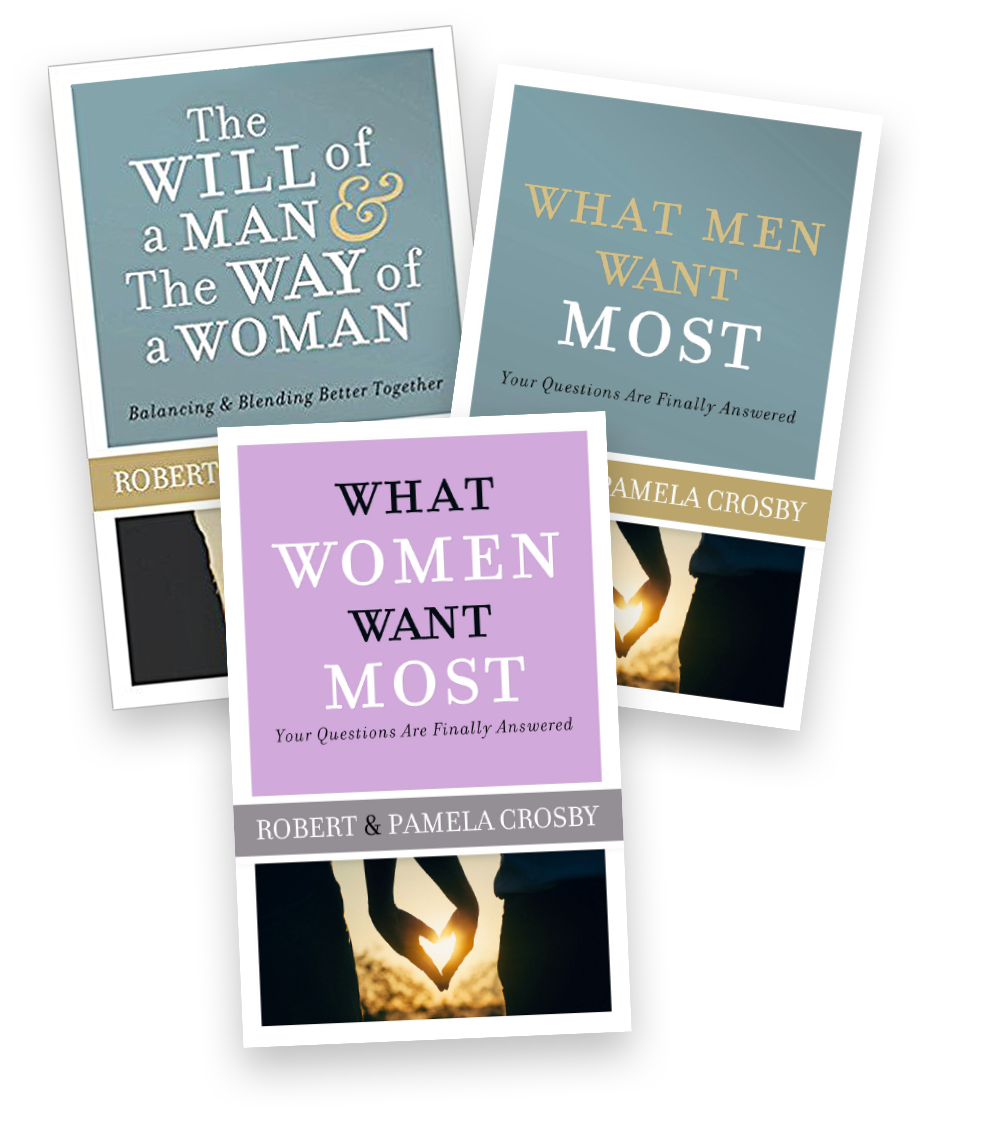Making Better Decisions This Year – Part 2
2 Kinds of Wisdom
When James wrote his New Testament letter, one purpose was to help his readers and leaders understand how to steer their lives with godly wisdom amidst the morally slippery Roman roads of culture: “If any of you lacks wisdom, he should ask God, who gives generously to all without finding fault, and it will be given to him” (Jas. 1:5). The good news is that we really do have an instructor right next to us on life’s road tests, and he won’t hesitate to answer our requests for wisdom.
James goes on to warn his readers that there is more than one type of wisdom. There is earthly wisdom, and heavenly – wisdom “from below” and “from above.”
…the wisdom that comes from heaven is first of all pure. It is also peace loving, gentle at all times, and willing to yield to others. It is full of mercy and good deeds. It shows no partiality and is always sincere. And those who are peacemakers will plant seeds of peace and reap a harvest of goodness.
James 3:17-18 NLT
In his characteristically practical form, James holds up contrasting x-rays of two very different hearts, two contrasting kinds of wisdom. He reveals that godly wisdom is more than a set of road rules to guide the choices we make; it is the kind of heart God wants to grow within us. As we look at these two different hearts held up against the light of God’s truth some key themes emerge about the nature of wisdom. These characteristics form “checkpoints” through which our decisions can be run if we genuinely want to make sure our leadership decisions are genuinely wise. You might say James gives us a decision matrix for wisdom.
As you read through these checkpoints, consider a particularly challenging decision you are currently facing or one you have recently faced. Hold it up to the scrutiny of Scripture.
Wisdom’s Seven
CheckPoint #1 – A wise decision is pure. Samson was one Old Testament leader who, no doubt, bypassed the “pure checkpoint” in his decision making. Although he started out with so much: a godly family, God’s favor, incredible strength, and acclaim, he made a series of decisions that guaranteed moral failure. Consider a few: First, he chose to be a loner, separating himself from godly counsel (Prov. 11:14); Second, he dangerously and unadvisedly entered enemy territory (Jdg. 14:3); Third, along the way, he ignored, or undervalued, God’s call on his life, preferring instead to pursue personal pleasures; and, Fourth, he failed to learn from past mistakes and jumped from one woman trouble to another (Jdg. 16:1-4). At no point in the Biblical record do we ever see this leader come even close to asking, “Is this pure? Is this consistent with God’s moral code? Can I pursue this with a clean conscience?” Ultimately, Samson’s failure to make decisions with purity in mind was his undoing.
CheckPoint #2 – A wise decision is peace-loving. Several years ago I found myself quite upset with a parishioner. He had made some comments to visiting guests that were unkind and quite hurtful. Having arranged to meet with him one afternoon to discuss the escalating situation, I intentionally arrived an hour early. Somehow I knew that having this conversation with him was right, perhaps even wise, but I also knew that how I was feeling about it all was not.
For years I had watched Christians abuse the biblical admonition of “speaking the truth in love” (Eph. 4:15) by simply offering some preemptive comment such as “I love you, brother, but…” and then letting both barrels loose verbally. I feared I may do the same.
As I prayed, I sensed the Lord encouraging me to simply do just what the verse said, to actually “speak the truth in love”; to be completely truthful with this brother, but to do so in a loving way. Being loud and angry would do no one any good (Jas. 1:20), but being truthful and kind might just do a world of good.
Much to my surprise, it worked. With God’s help, I calmly told this man how hurtful his words and actions had been. He apologized. We prayed together. And we moved on. The conflict was emotionally disarmed. That day I experienced the truth that if a decision is truly “wise”, it is also peace-loving.
TEASER: In PART 3 of this article we will look at 5 more characteristics of truly “wise decisions” and how these can help you make better decisions in 2017.
Robert and Pamela Crosby are co-founders of Teaming Life (http://teaminglife.com). Robert also serves as Professor of Practical Theology at Southeastern University and Pamela serves at SEU as Senior Director of Compass – The Center for Calling & Career. In addition to training pastors and speaking at conferences, they have co-written a new book on marriage – The Will of a Man & The Way of a Woman. Robert has also written several other books including The One Jesus Loves (Thomas Nelson) and The Teaming Church (Abingdon Press). Follow them @teaminglife








